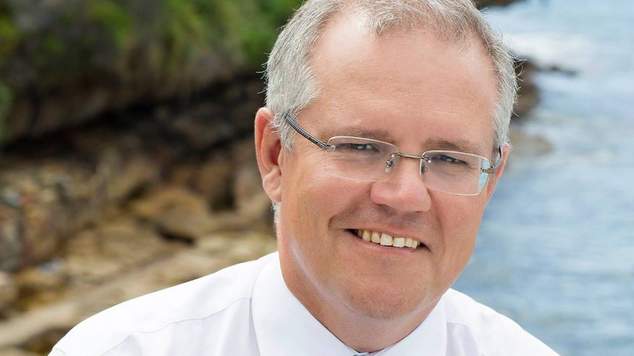
Members of Sydney Gay and Lesbian Mardi Gras will have the opportunity to vote on whether or not the Prime Minister will be invited to next year’s parade.
The organisation’s Annual General Meeting will be held on November 30th, and members will be asked to vote on a number of issues – including Scott Morrison’s invitation.
Pride in Protest, who have candidates standing for election at the AGM, say the motion they’ve put forward to not invite the PM is about sending a message.
“[It] really is about sending a message that we’re not being complacent with the government that has shown us so much continual harm and oppression,” Pride in Protest’s Charlie Murphy told AAP.
Pride in Protest has put forward a number of motions, with one calling for police floats not to be included in the parade, and another leading to a review into the human rights records of corporate sponsors.
“First Nations people, Aboriginal people, really anyone who’s in a marginalised community that has been vilified or oppressed by the police… how are they supposed to feel safe when Mardi Gras essentially gives them tacit consent by allowing their float or for them to march in uniform in the parade?” Murphy asked.
Pride in Protest presented similar motions at last year’s Mardi Gras AGM, though their four candidates were unsuccessful in their bid to sit on the board.
A spokesperson for Sydney Gay and Lesbian Mardi Gras said the AGM will consider motions “on everything from the pricing of membership to political issues.”
“These motions and the surrounding debate are displays of the strength and diversity of Mardi Gras and our community, and it is a diversity that we are proud to nurture and celebrate.”
In 2016, the Mardi Gras membership voted not to invite then Prime Minister Malcolm Turnbull to the annual parade, citing his government’s damaging postal survey on marriage equality.
The board overturned the decision ahead of the festival, arguing that it was not in accordance with the organisation’s constitutional objective to “build strong, positive and beneficial relationships between the gay, lesbian, transgender, bisexual, queer and intersex community and the wider community.”
OIP Staff






